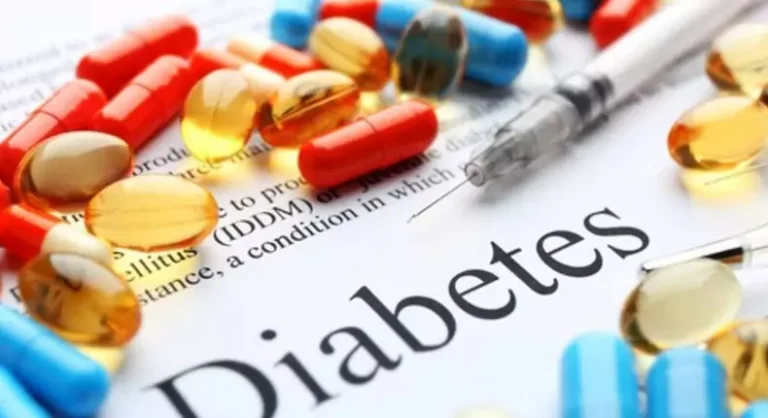A Consultant Endocrinologist at Federal Teaching Hospital Lokoja (FTHLokoja), Dr Olorunfemi Adebayo has urged the government to address the rising menace of fake diabetes drugs in the country.
He made the call during sensitisation and screening campaign on diabetes organised by FTHLokoja in collaboration with the Diabetes Association of Nigeria (DAN) to mark the 2024 World Diabetes Day (WDD) with the theme “Breaking Barriers, Bridging Gaps.”
WDD is annually celebrated on Nov. 14 around the world to raise awareness about the devastating effects of the disease.
The day was established in 1991 by the International Diabetes Federation with support from the World Health Organisation (WHO), and it became an official United Nations global observance day in 2006.
The consultant endocrinologist, however, said that the rising issue of fake diabetes drugs is a serious concern that government should urgently address, as the counterfeit can be detrimental to people’s health.
Adebayo, who also said that the drugs are expensive, urged government to subsidise it to enable indigent citizens access it, as he called on citizens to go for regular screening for early detection, noting that many people would have diabetes for years before experiencing symptoms.
He explained that “by the time they are diagnosed, some people already have eye, kidney, blood vessels, gum or nerve damage,
which can increase the risk of heart and kidney failure, stroke, among others.
“The earlier you know you have diabetes, the sooner you can make important lifestyle changes.”
He noted that the FTHLokoja targetted 200 people for the screening to commemorate the 2024 WDD, adding that the exercise would be carried out from time to time.
He urged people with diabetes to eat lots of fruits and vegetables such as spinach, carrots, broccoli, more grains, green beans, non-fat diary, regular exercise, among others.
Earlier, the Chief Medical Director of FTHLokoja, Dr Olatunde Alabi, who launched the screening, stressed the need to educate the people to know their diabetes status.
Alabi also stressed the need for government and relevant stakeholders to raise awareness on early detection, saying “prevention is cheaper and better than cure.”
The chief medical director advised the people to go for diabetes screening at least twice a year and encouraged them to engage in regular exercise and proper diet.
The residents who turned out in their large numbers for the screening, appreciated the management of FTHLokoja for the gesture.
A 75-year-old diabetic patient, Usman Adamu, commended the hospital for the initiative, and appealed to government to subsidise the drugs for them.
NAN


